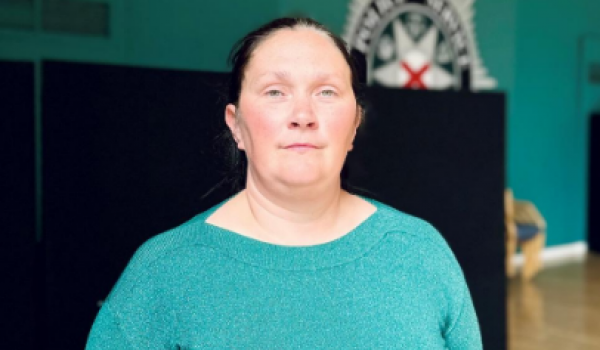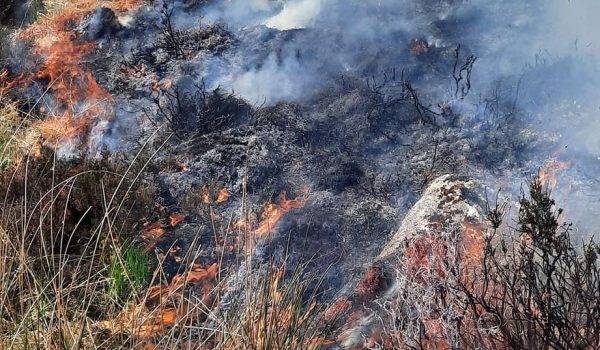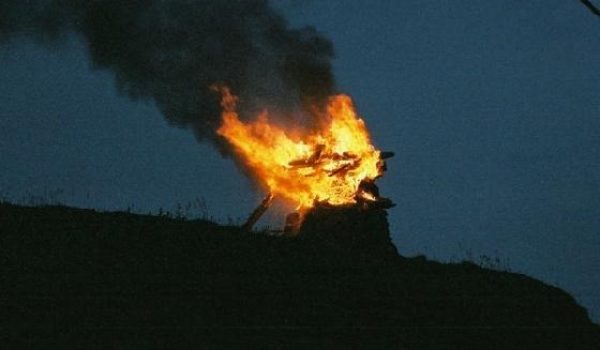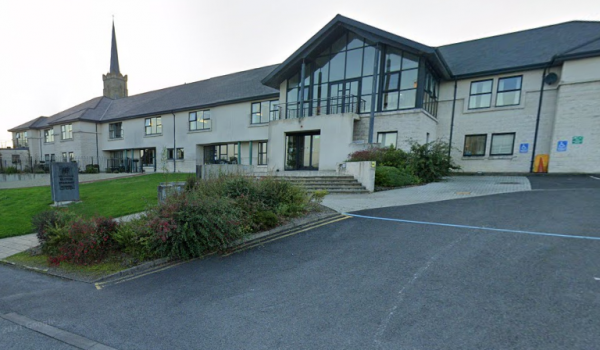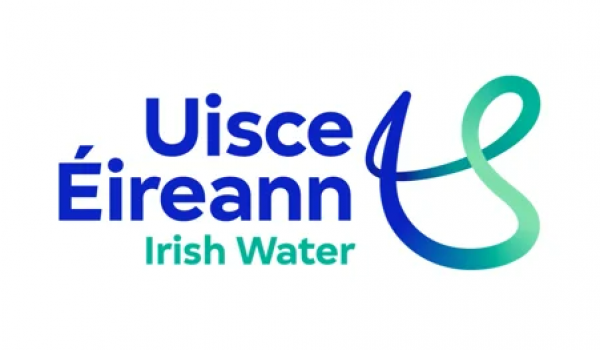
A study led by experts in human genetics at the Royal College of Surgeons in Ireland and the University of Edinburgh has created the first comprehensive genomic analysis of Scotland.
The study compared the genomes of ancient Gaels buried in Iceland to the modern genetic diversity of Britain and Ireland.
The comparison showed that these ancient settlers in Iceland shared the greatest genetic affinity with those on the western Isles of Scotland and the North-West of Ireland.
Researchers investigated the DNA of over 2,500 individuals with extended ancestry from specific regions across Britain and Ireland, with a specific focus on Scotland.
The new data from Scotland has led to a genetic map of the UK and ireland being seen in its entirety for the first time.
The map shows Scotland being divided into at least six clusters of genetically similar individuals, who cluster together geographically, some of them sharing strong affinity for clusters of Irish ancestry.
The study compared the genomes of ancient Gaels buried in Iceland to the modern genetic diversity of Britain and Ireland.
The comparison showed that these ancient settlers in Iceland shared the greatest genetic affinity with those on the western Isles of Scotland and the North-West of Ireland.
The researchers were also analysed County Donegal in more detail than before, revealing it as the most genetically isolated region of Ireland observed to date. This isolation reasearchers say, shows little evidence of the migrations that have impacted the rest of Ulster.
- Fri, 11 Jul 2025
- (+353) 07491 25000
- (+353) 086 60 25000
